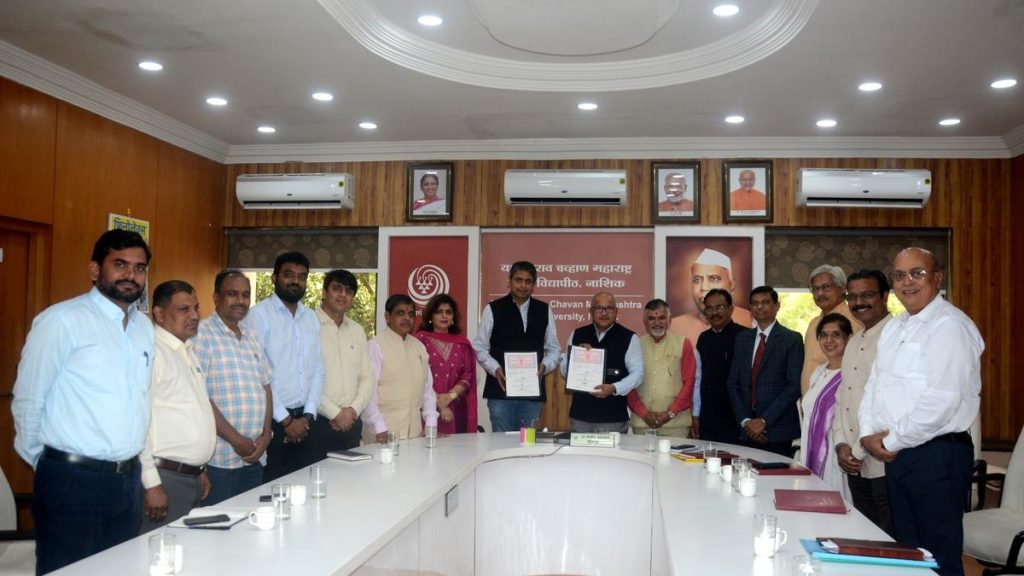Now Reading: Farmers, Dalit Leaders Condemn Govt Over Devanahalli Land Acquisition, Cite Betrayal
-
01
Farmers, Dalit Leaders Condemn Govt Over Devanahalli Land Acquisition, Cite Betrayal
Farmers, Dalit Leaders Condemn Govt Over Devanahalli Land Acquisition, Cite Betrayal
Quick Summary
- Farmers, civil society activists, and Dalit leaders criticized teh Karnataka government for proceeding with the acquisition of 1,700 acres of fertile land in Devanahalli to create an aerospace and defense corridor.
- They warned that this decision could escalate rural unrest amidst ongoing farmer agitations across the State.
- Badagalpura Nagendra (Karnataka Rajya Raitha Sangha president) accused both BJP and Congress governments of prioritizing corporate development at the expense of farmers since India’s WTO agreement in 1995.
- Siddaramaiah-lead government faced criticism for breaking its promise to withdraw land acquisition initiated by the previous BJP regime. Activists claim this will impact him politically if not reconsidered.
- Farmer activist Chukki Nanjundaswamy argued that ignoring objections from affected farmers calls into question the State’s development priorities.
- Dalit leader Guruprasad Keregodu suggested decentralizing industrialization to northern Karnataka districts instead of focusing around Bengaluru,ensuring balanced regional growth.
- Leaders said failure to revoke plans for land acquisition could intensify protests; some labeled Devanahalli as a potential flashpoint for rural agitation.
Indian Opinion Analysis
The Devanahalli land acquisition issue highlights broader tensions between agricultural interests and industrial expansion in Karnataka. This case underlines a recurring challenge faced by policymakers-balancing economic growth with equitable resource distribution. While critics argue that developing fertile agricultural lands risks sparking widespread rural discontent, others stress decentralizing industry away from Bengaluru could reduce urban congestion while promoting regional equity. the mention of political repercussions suggests that policy decisions on such sensitive matters might influence electoral dynamics.
Given India’s increasing integration into global trade frameworks like WTO agreements since 1995-as pointed out by activists-the government’s commitment remains critical toward addressing perceived inequities in agriculture vis-à-vis corporate-led development goals. This ongoing debate also signals how resolving disputes tied to land acquisition will likely stay central to discussions surrounding sustainable development policies nationwide.
Read more: Link























